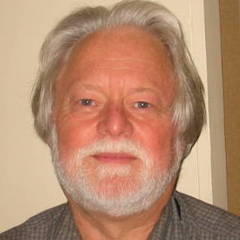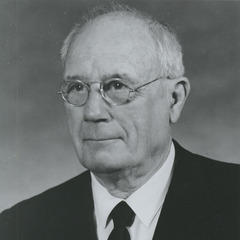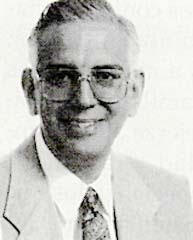Henry David Thoreau Quotes about Nature
Henry David Thoreau (2006). “Thoreau and the Art of Life: Precepts and Principles”, p.70, Heron Dance Press
Henry David Thoreau (2015). “Thoreau on Nature: Sage Words on Finding Harmony with the Natural World”, p.15, Skyhorse Publishing, Inc.
Henry David Thoreau, David Gross (2007). “The Price of Freedom: Political Philosophy from Thoreau's Journals”, p.104, David M Gross
What would human life be without forests, those natural cities?
Henry David Thoreau (2011). “The Natural History Essays”, p.57, Gibbs Smith
Henry David Thoreau (2013). “Delphi Complete Works of Henry David Thoreau (Illustrated)”, p.2268, Delphi Classics
He who hears the rippling of rivers in these degenerate days will not utterly despair.
Henry David Thoreau, Carl Hovde (1980). “A Week on the Concord and Merrimack Rivers”, p.334, Princeton University Press
Henry David Thoreau, Ronald A. Bosco (2005). “Nature's Panorama: Thoreau on the Seasons”, p.111, Univ of Massachusetts Press
Henry David Thoreau (1999). “Material Faith: Thoreau on Science”, p.27, Houghton Mifflin Harcourt
Henry David Thoreau (2006). “Thoreau and the Art of Life: Precepts and Principles”, p.59, Heron Dance Press
Henry David Thoreau (2013). “Quotable Thoreau: An A to Z Glossary of Inspiring Quotations from Henry David Thoreau”, p.107, BookBaby
"Life Without Principle" (1863)
Henry David Thoreau (2014). “Citizen Thoreau: Walden, Civil Disobedience, Life Without Principle, Slavery in Massachusetts, A Plea for Captain John Brown”, p.15, Graphic Arts Books
Henry David Thoreau (2013). “The Essential Thoreau”, p.57, Simon and Schuster
Henry David Thoreau (2017). “HENRY DAVID THOREAU – The Man, The Philosopher & The Trailblazer (Illustrated): Biographies, Memoirs, Autobiographical Books & Personal Letters (Including Walden, A Week on the Concord and Merrimack Rivers, The Maine Woods, Cape Cod, A Yankee in Canada…)”, p.1127, e-artnow
Nature is full of genius, full of the divinity; so that not a snowflake escapes its fashioning hand.
Henry David Thoreau, Odell Shepard (1961). “The Heart of Thoreau's Journals”, p.149, Courier Corporation
Henry David Thoreau, Odell Shepard (1961). “The Heart of Thoreau's Journals”, p.194, Courier Corporation
Henry David Thoreau (2016). “A Week on the Concord and Merrimack Rivers”, p.88, Xist Publishing
All change is a miracle to contemplate, but it is a miracle which is taking place every instant.
Henry David Thoreau, Jeffrey S. Cramer (2007). “I to Myself: An Annotated Selection from the Journal of Henry D. Thoreau”, p.250, Yale University Press
Henry David Thoreau (2016). “A Week on the Concord and Merrimack Rivers”, p.18, Xist Publishing
Henry David Thoreau (2016). “Walden”, p.164, Xist Publishing
Henry David Thoreau (2016). “A Week on the Concord and Merrimack Rivers”, p.120, Xist Publishing







